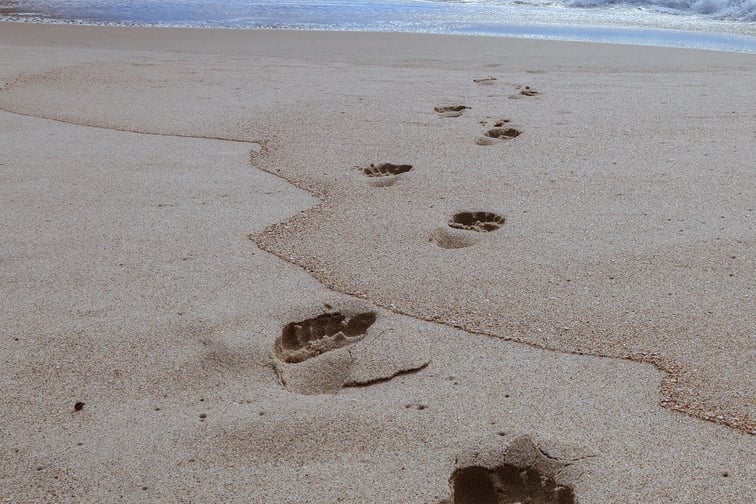

Sand may be coarse, rough, irritating and get everywhere, but it’s also an ever-present part of many Kiwis’ summer holidays. However, what we usually think of as an annoyance is actually linked to thousands of injury claims.
According to data from the ACC, there has been an annual average of around 1,400 claims for sand-related injuries over the past 10 years, during the six-week period between Dec. 20 and Jan. 31. This mostly coincides with the summer school holidays.
Compensation for these injuries costs ACC around $1.03 million each year. Soft-tissue injuries like muscle strains, ligament tears, and bruises make up almost half (45%) of these injuries, with ankles and knees most frequently injured.
Cuts and stings account for 9% of injuries, while around 4.5% of claims are for sand getting in people’s eyes.
ACC reported 1,433 sand-related injuries for the six-week period in 2021-22, which was the second-highest in the past 10 years, following 1,446 claims recorded in 2018-19. The two years also tied for the most expensive, with $1.4 million in claims paid out.
According to ACC, most injuries happen while people are walking and running or doing a sporting or recreation activity on the beach. ACC injury prevention leader James Whitaker said exercising and playing on the beach carries an increased risk of muscle and ligament fatigue due to the uneven and unstable nature of sand.
“New Zealanders love getting down to the beach in the hot summer months to exercise, play sport, and spend time with family and friends,” Whitaker said. “If we are not used to exercising on these surfaces, we can increase our chance of getting injured.”
Whitaker also offered some tips on how to prevent injuries while on the beach this summer.
“If planning to run along the beach, spend time getting used to uneven surfaces by standing on gravel or running short distances on sand to begin with; avoid taking excessive strides; and don’t lean too far forward on your foot,” he said. “For people heading to the beach for some sun and recreation, be aware of muscle fatigue, check the ground below you for uneven surfaces and foot holes, and avoid overdoing it because a lot of injuries can happen when we are tired and not concentrating.
“Be aware also that exercising barefoot will give you less support for your muscles and joints and can increase the chance of cuts from things like stones and seashells.”
